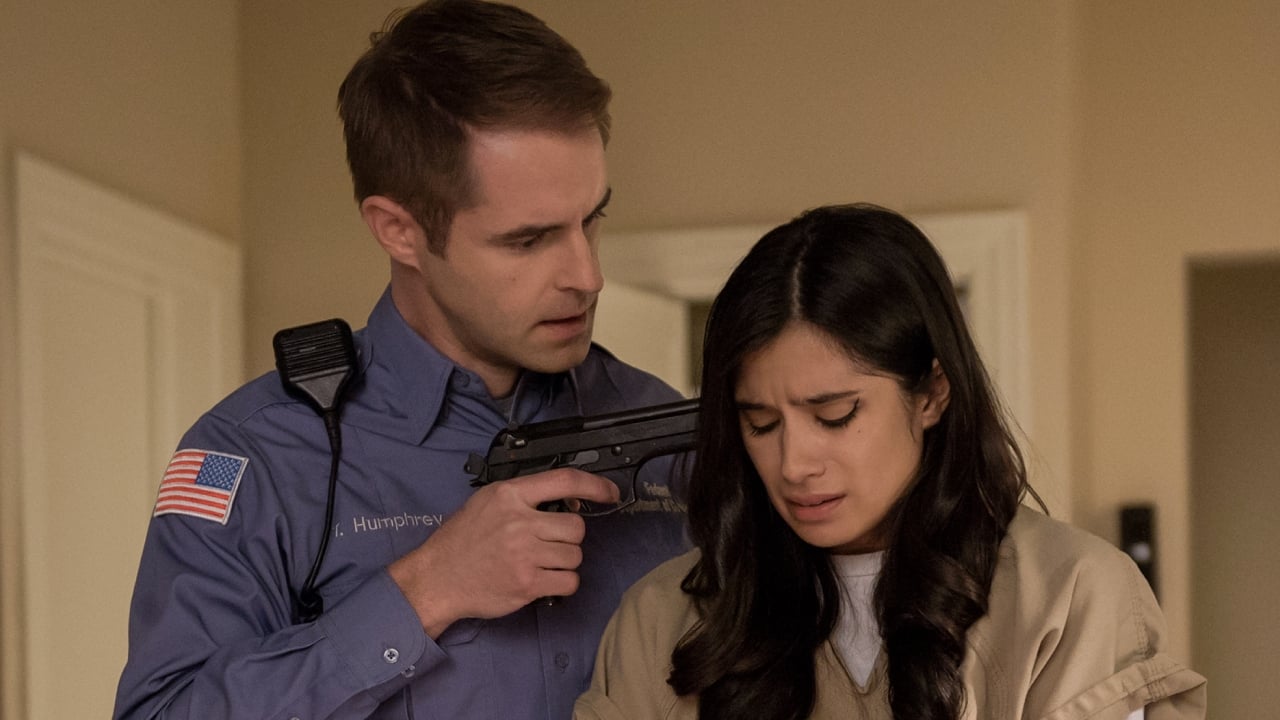As a historic double strike rages in Hollywood, it highlights the difficulties faced by those who participate in the success of streaming series without seeing the benefits.
Is being part of the main cast of a Netflix series synonymous with a jackpot? Not really if we look at the statements of the main interested parties. This is certainly not the case for actress Diane Guerrero, who played the role of Maritza Ramos in the Netflix series Orange is the New Black.
She worked in a bar where customers recognized her. “How could you tell a total stranger how much you get paid to star in a TV show?“, she said in the columns of Deadline. “Because everyone would react by saying, ‘Oh, my God, I love you on this show! But what are you doing here?’ It was disbelief bordering on offense.”
According to an article published this week in The New Yorker, this confrontation was typical of some actors in this series and others who are a hit on streaming platforms. Although the actors have gained worldwide notoriety and hordes of fans, the sums of money they earn from their series do not allow them to give up their day or night activities. This has often led to the situation described by Diane Guerrero.
These struggles are at the heart of the current strikes in Hollywood, which pit actors and screenwriters against the studios that fund them and want to carve out an (even) bigger cut in the age of streaming.
The story of actress Kimiko Glenn echoes that of Diane Guerrero. She received in the mail a statement of her royalties from SAG-AFTRA (the actors’ union) for her role as Brook Soso, an idealistic inmate in Orange is the New Black. The document mentioned tiny amounts, of the order of a few cents. “I thought, ‘Oh my God, this is so sad’“, says the actress. She posted a video in which she shows the declaration – “I’m going to be so rich!” she sarcastically says in the post – which reaches the total of twenty-seven dollars and thirty cents and exclaims “WHAT ?“.
Precariousness has become a norm
Ten actors from the show, many of whom spent several seasons as recurring guest stars, were interviewed for the New Yorker article. “The first thing we say to each other when we see each other is, ‘Yeah, this is really shit. All my residual rights are gone“Orange is the New Black was distributed by Netflix but produced by Lionsgate, which determined the cast’s upfront payments.
When Kimiko Glenn joined the Season 2 crew, the show’s production wouldn’t pay for her transportation unless she was called before 6 a.m. “Taxi rides wouldn’t have been such a big deal if we had been paid enough that we didn’t feel like we were spending our wages on it.” she says.
The day after the launch of the final season, writer and producer Tara Herrmann said, “jenji (series co-creator Jenji Kohan) and I were brought into a conference room, and they finally gave us the numbers: 100 million users had seen at least one episode, and at least half of them had watched all six seasons. From an artistic point of view, these figures are breathtaking. From a business perspective, they are absolutely stunning. After revealing the numbers, the director asked us, ‘How do you feel hearing that? Jenji was silent and looked at me, and I replied, ‘Like wanting to renegotiate my contract.’“
The actors’ strike is supposed to bring support to that of the screenwriters, which has been underway for more than two months now. Will this be enough to sway Hollywood studios and streaming platforms? Nothing is less sure…
Which series have been stopped since the start of the writers’ strike? And what are the two big productions already put on stand-by since the announcement of the actors’ strike? Follow strike news on AlloCiné.
